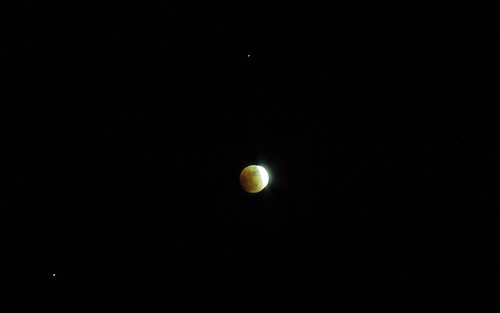WebPoll
Search
Calendar
Archive
Visitors
Links
- Adam Gartenberg
- Adeleida Bingham
- Alan Bell
- Alan Lepofsky
- Alex Hernandez
- Andrei Kouvchinnikov
- Andrew Pollack
- Barney Waters
- Ben Langhinrichs
- Ben Poole
- BlogSphere
- Bruce Elgort
- Chris Coates
- Chris Linfoot
- Chris Miller
- Colin Pretorius
- Darren Adams
- Declan Lynch
- dominoguru
- Dominozone
- Ed Brill
- Eileen Brown
- Glen Salmon
- Grant Bingham
- GreyHawk
- GuttedGeek
- Ian McNairn
- Joe Litton
- Jon "CornHusker" Johnston
- Libby's Spot
- LotusGeek
- Matt White
- Michael Rice
- Michael Sampson
- Mitch Cohen
- Ned Batchelder
- Paul Mooney
- Peter de Haas
- Ray Ozzie
- Richard Schwartz
- Rob Novak
- Stowe Boyd
- Thomas Duff
- Tony Cocks
- Tony Palmer
- Viktor Krantz
- Volker Weber


Comments
Posted by Carlos At 10:43:41 PM On 02/20/2008 | - Website - |
Posted by Martin Vereecken At 02:23:37 AM On 02/21/2008 | - Website - |
Posted by bethany At 05:44:55 AM On 02/21/2008 | - Website - |
(BTW: for some reason, this post did not get picked up by my feedreader until this morning so I missed the event - then again, we have "fowl" weather.)
Posted by Glen At 08:12:08 AM On 02/21/2008 | - Website - |
f stop = the focal length of a lens divided by the aperture diameter.
f number on Wikipedia >> { Link }
The lower the number, the faster the lens, which means it can be used in lower lighting conditions.
Lens speed on Wikipedia >> { Link }
Posted by Michael Rice At 03:33:23 PM On 02/21/2008 | - Website - |
Posted by Carl Tyler At 03:34:53 PM On 02/21/2008 | - Website - |
Posted by Michael Rice At 04:07:13 PM On 02/22/2008 | - Website - |